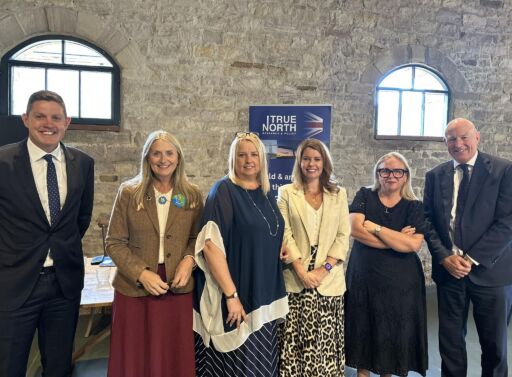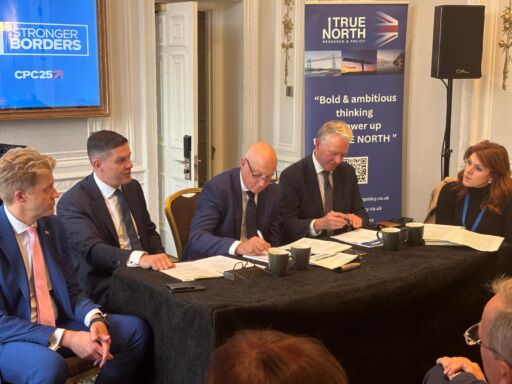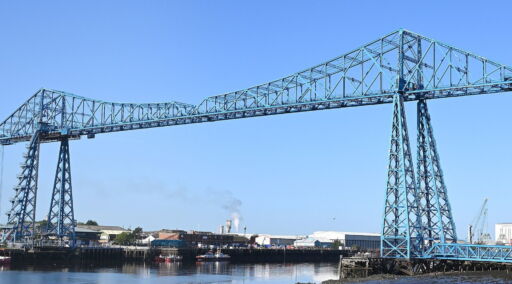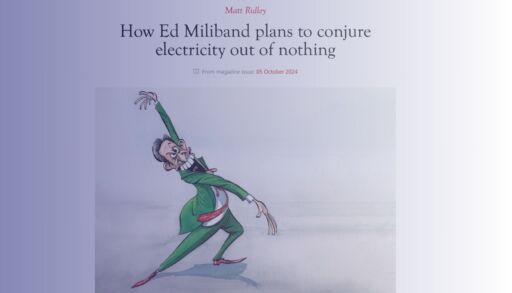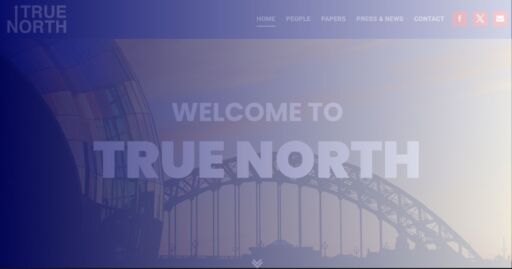By Amanda Hopgood, Opposition Leader, Durham County Council.
Raby Castle 12/09/2025
The theme of the event was growing tourism in the North. Without doubt the North East and Cumbria is a treasure trove of rich history and heritage, two world heritage sites, stunning unspoilt landscapes, miles of glorious sandy beaches, dramatic peaks and the darkest of skies. Couple this with award winning attractions, the most incredible food and drink offer, world class events and film locations and endless outdoor and indoor activities and pursuits for all ages and abilities, the region in its entirely is very much a hidden gem. A destination with the right conditions, that is ripe for growth.
In 2024 the North East visitor economy was worth an estimated £6bn supporting approximately 63,000 jobs, whilst in Cumbria the sector made a contribution of £4.6bn with 74,823 jobs, literally a quarter of the jobs available within the county.
Our panel of industry experts along with attendees from across the region came together with the following key asks that they believe will create the right conditions for the North to not only reach its full potential in the tourism strategy but also produce a much-needed positive economic boost for our area and further afield.
- National support to even out the promotion of all parts of the country both nationally and internationally, currently our national tourism focus is too London focussed
- Provide fair and equitable funding for transport and infrastructure. Recent withdrawal of funding for the A1 upgrade in Northumberland leaves Northumberland as the only county in the country without a motorway despite being a major link between England and Scotland. The area needs this investment along with a regular and reliable public transport system
- Tax, NI and VAT rates are having a huge effect on the ability to not only recruit but to expansion of sectors of the industry, we request that government give consideration to introducing reduced rates of taxation for the tourism industry allowing the potential for expansion and investment and therefore ultimately a greater contribution to the regions GVA this would benefit not only business but the public purse.
A change is required when it comes to national planning policy. Current policies are restrictive, time consuming and excessive in terms of delivery and cost, money used for this could be redirected into investment in facilities and staff.
Read the full event summary:-

